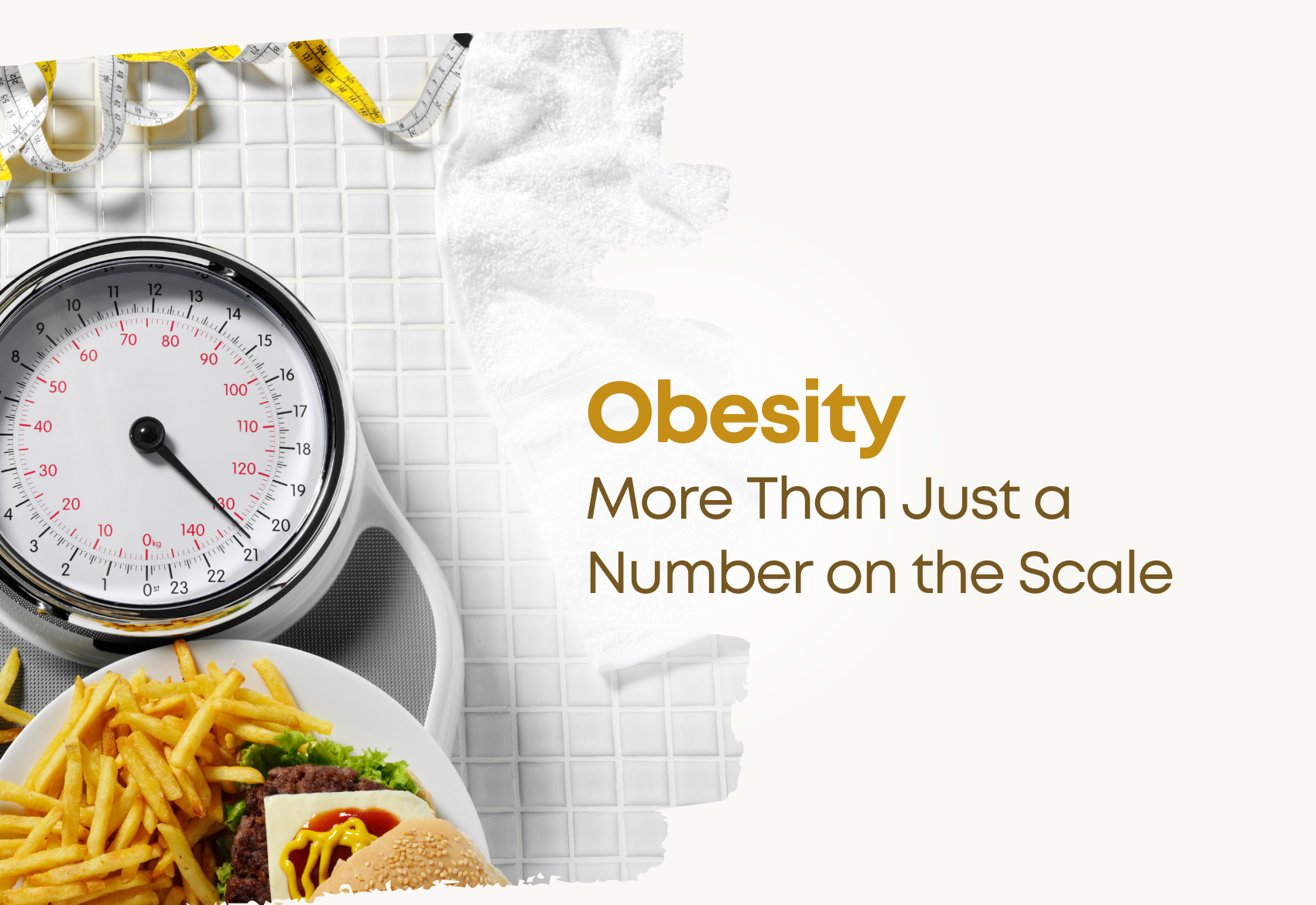I’ve “Gut” A Feelin: Understanding the Benefits of Probiotics and Prebiotics for Digestive Health
By Koh Bi Qi , Dietitian
Aside from aiding digestion, our gut is also home to a wide variety of microorganisms. These microbiotas play crucial roles in maintaining our overall gut health — from strengthening the intestinal wall and producing essential nutrients such as vitamins, to protecting against harmful bacteria. While bacteria are often blamed for gut disturbances, it’s time we shift our focus to the beneficial ones that live in our system.
For a healthy gut, these microorganisms need to exist in balance — a state known as symbiosis. When this balance is disrupted, it can lead to gastrointestinal issues such as chronic diarrhoea, irritable bowel syndrome (IBS), Crohn’s disease, and other related conditions. In addition to bacteria, our gut also contains yeasts and viruses. Together, these beneficial microorganisms are known as probiotics.
Probiotics are essential for digestive health. They aid in the breakdown of food, maximise nutrient absorption, and support a strong gut lining. Beyond these well-known functions, recent research has also shown a link between the gut and brain — suggesting that incorporating probiotics into the diet may help improve mood, even in healthy individuals.
Probiotics can be found in everyday foods such as yoghurt, kefir, and non-dairy fermented products like kimchi, miso (from fermented soybeans), tempeh, and the increasingly popular kombucha. Including these foods in your daily diet can help support and balance the good bacteria in your gut. Thanks to advancements in health science, probiotics are also available in tablet or powder supplements, often containing multiple strains for optimal effect. Common strains include Lactobacillus and Bifidobacterium. However, if you are on a course of antibiotics, it’s best to consult your doctor or dietitian before starting probiotic supplements.
To optimise the benefits of probiotics, prebiotics should also be part of your daily diet. Prebiotics are the ‘fuel’ that helps probiotics thrive. Foods rich in prebiotics include legumes, oats, fruits, and green leafy vegetables — all common ingredients in our daily meals. A diet high in fibre usually ensures a good intake of prebiotics. Particularly beneficial are foods high in fructo-oligosaccharides, oligofructose, galacto-oligosaccharides, and inulin.
Beyond supporting probiotics, sufficient fibre intake also provides other health benefits — such as lowering LDL (bad) cholesterol, improving blood sugar control, and reducing the risk of colon cancer. It’s a classic case of killing two birds with one stone.














